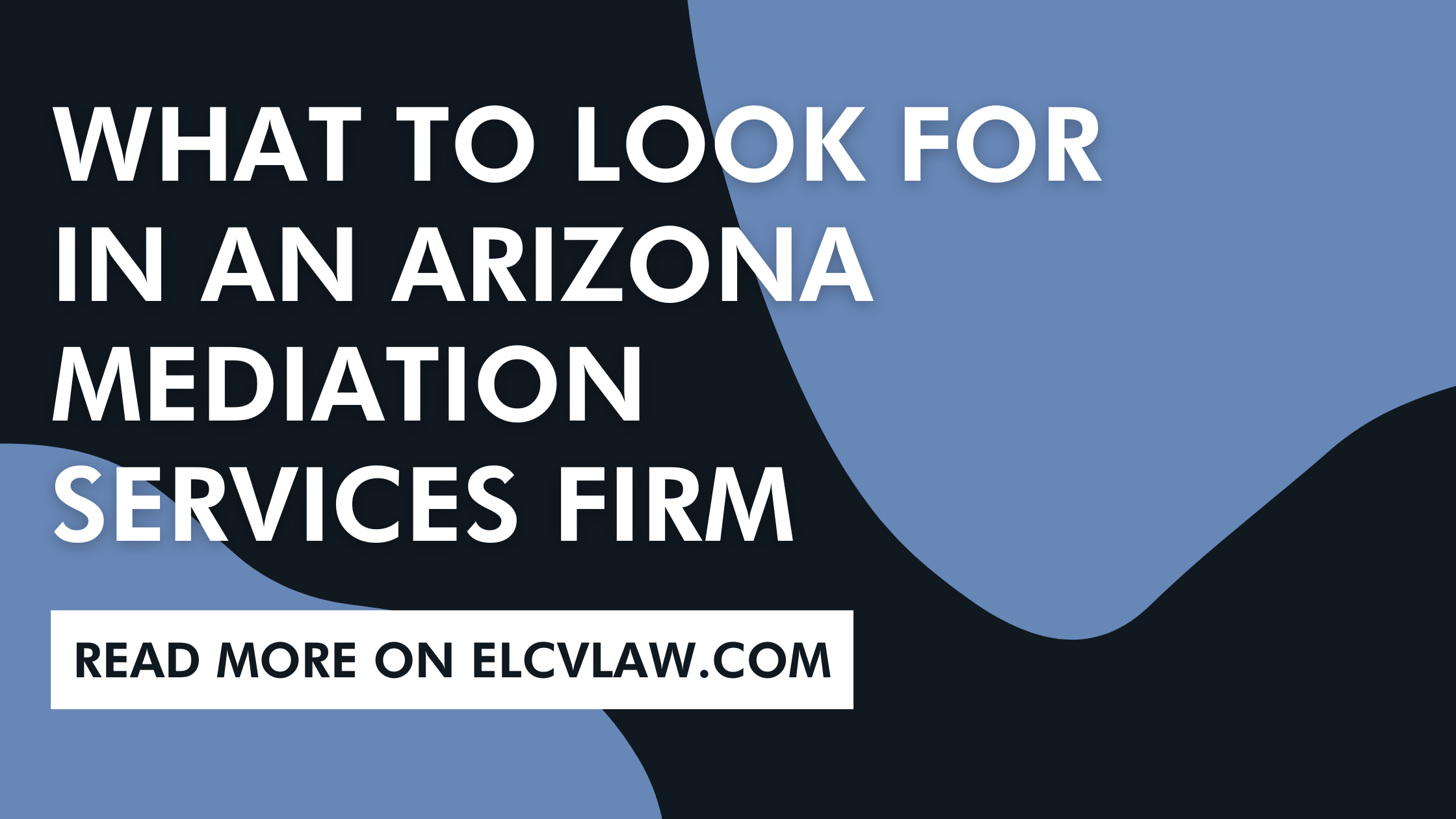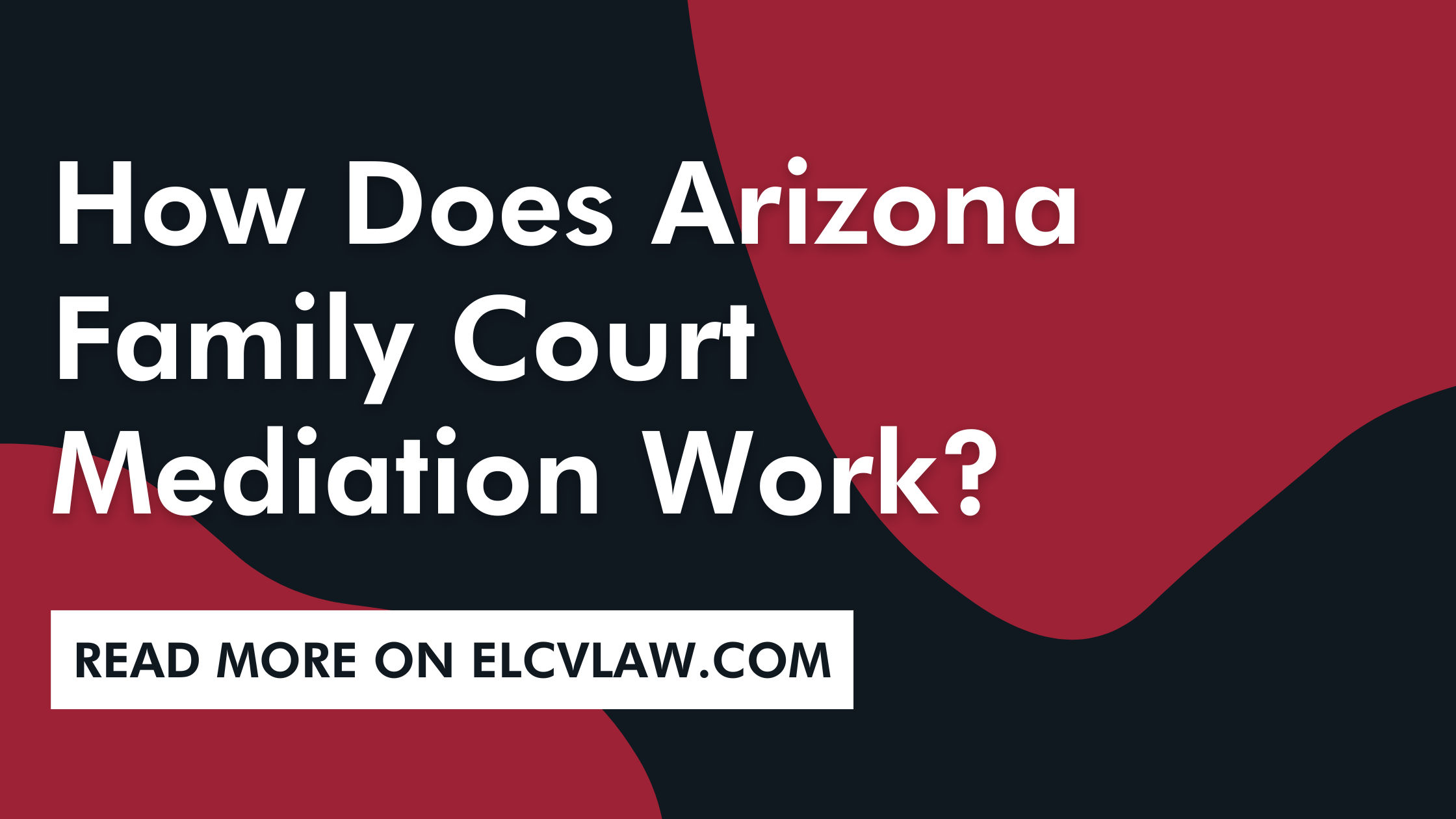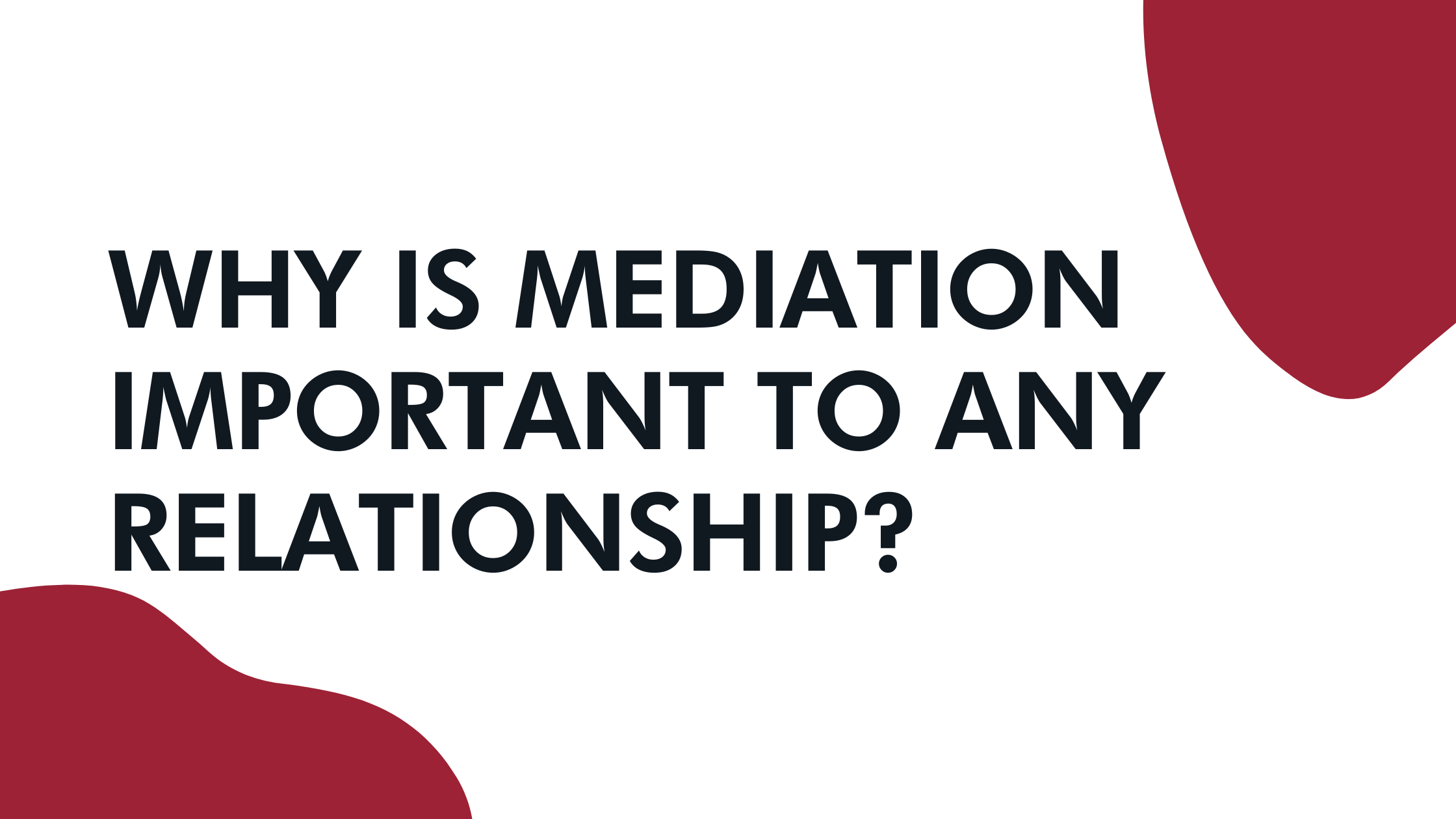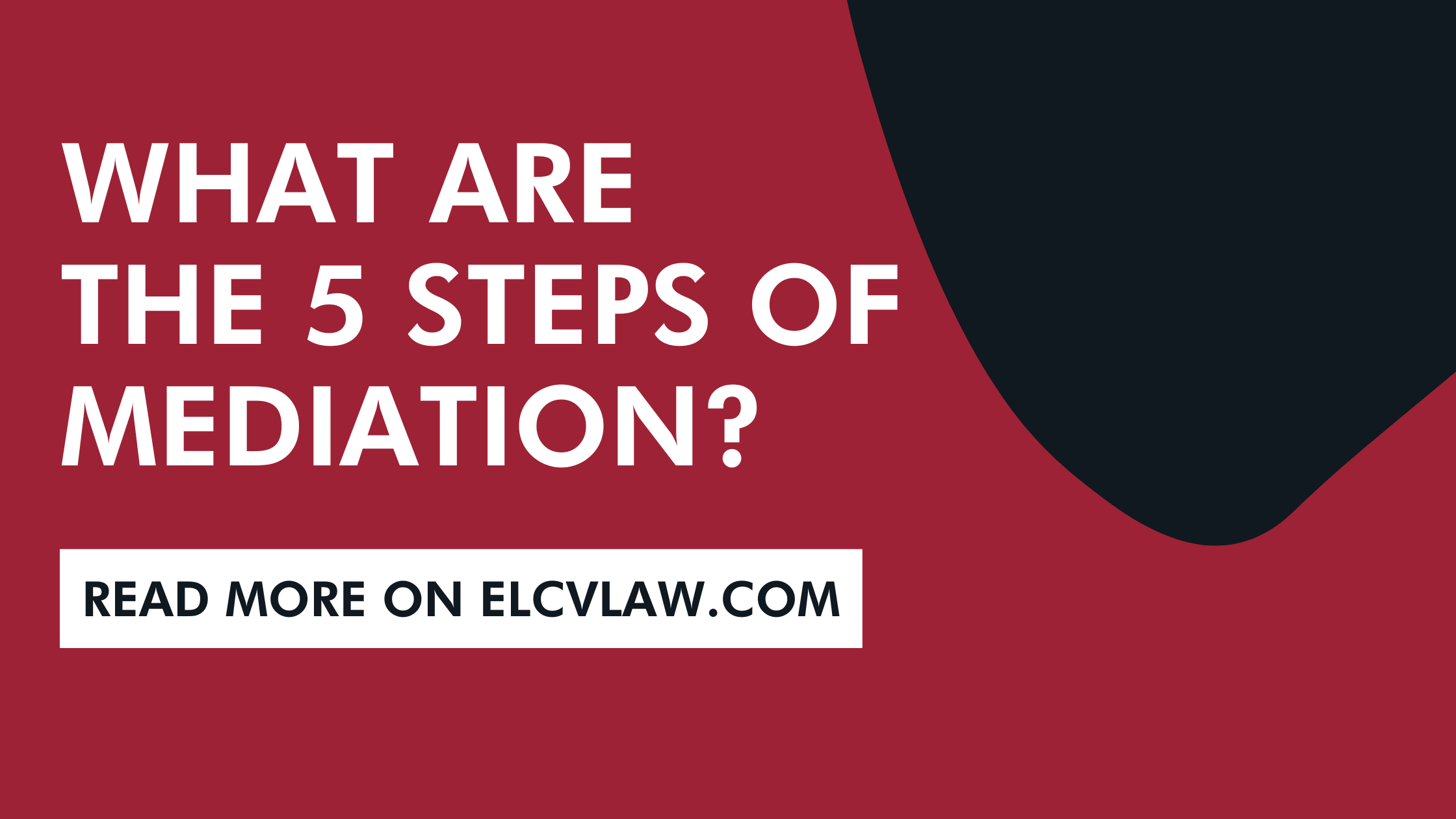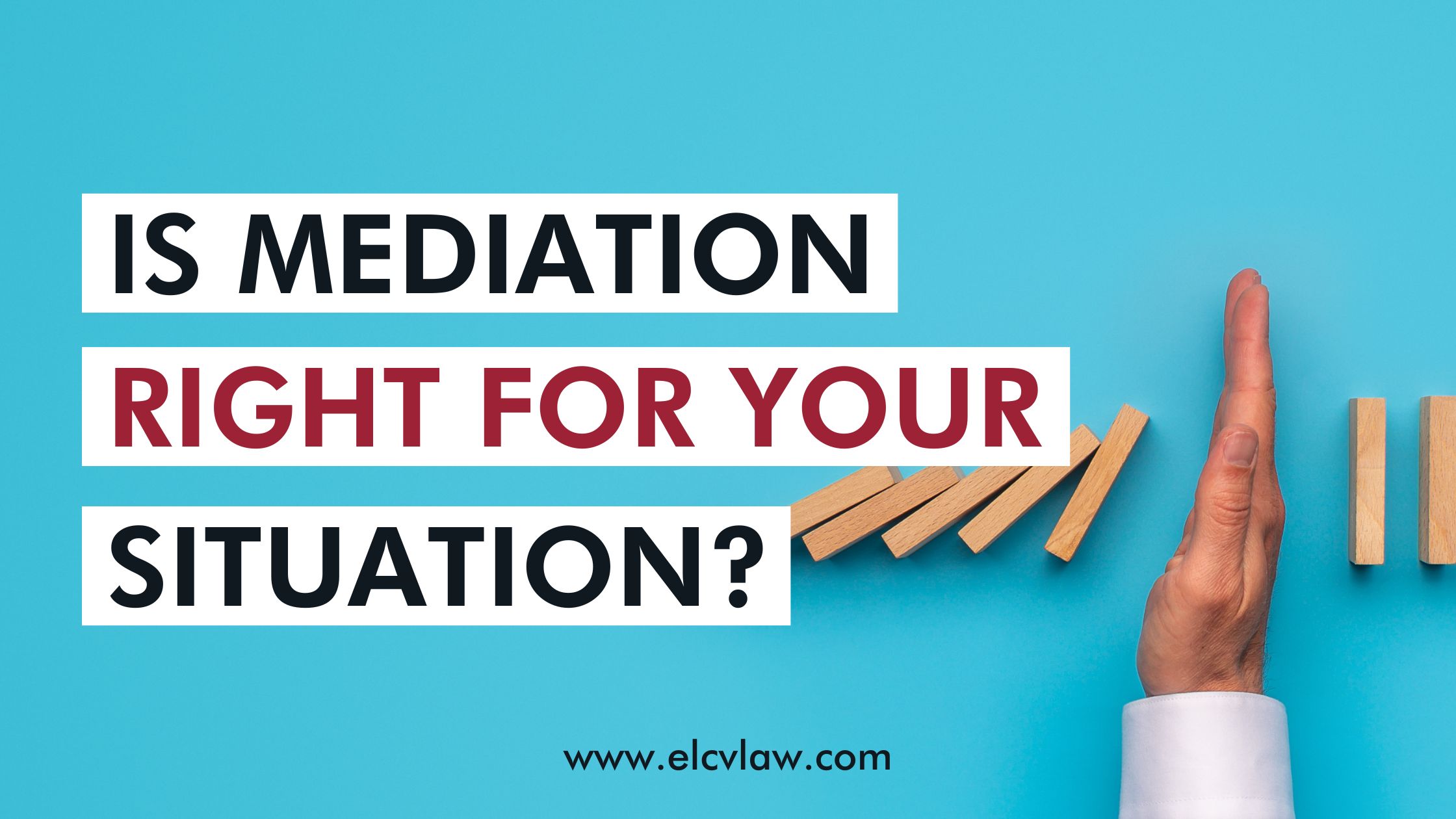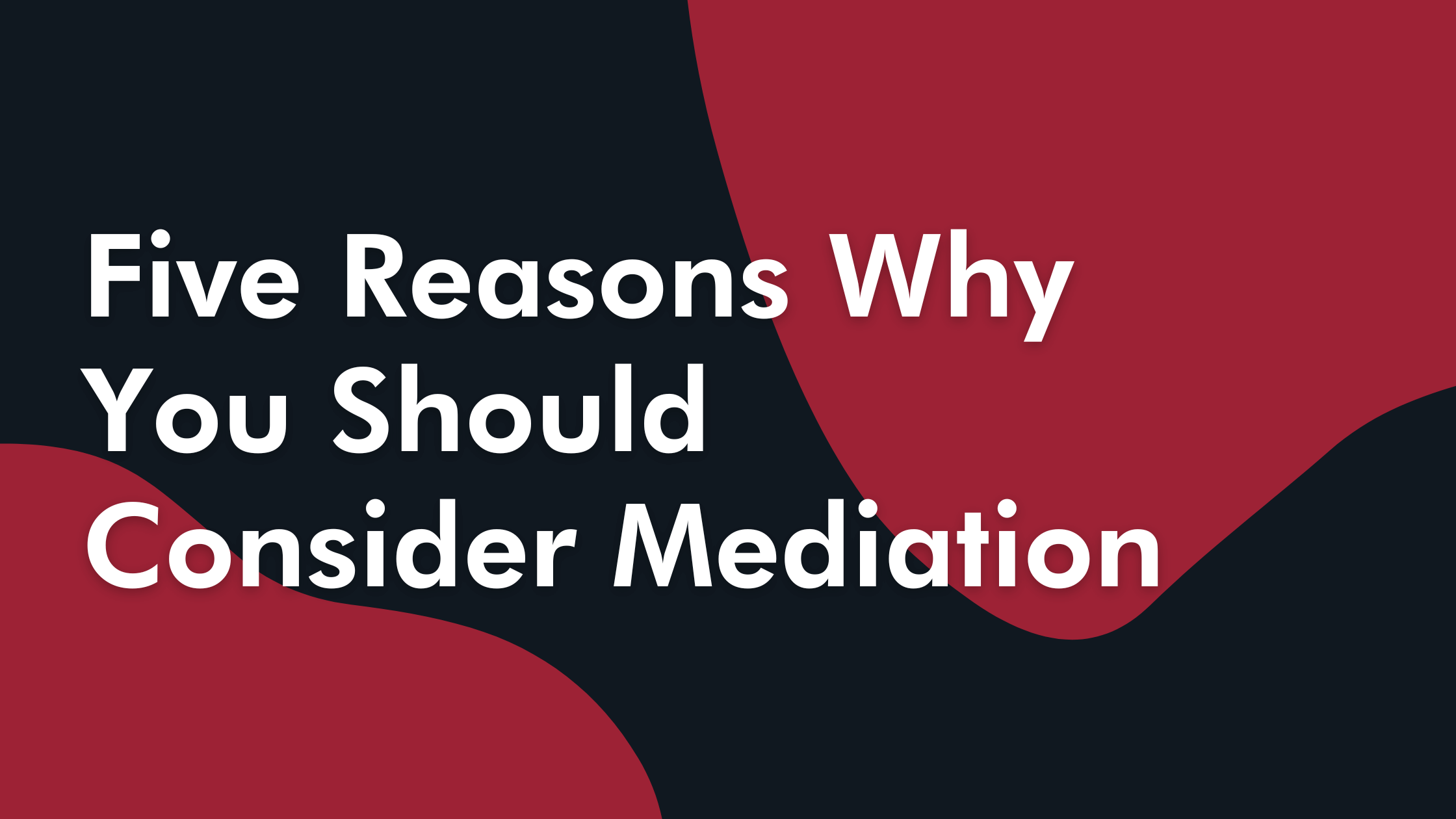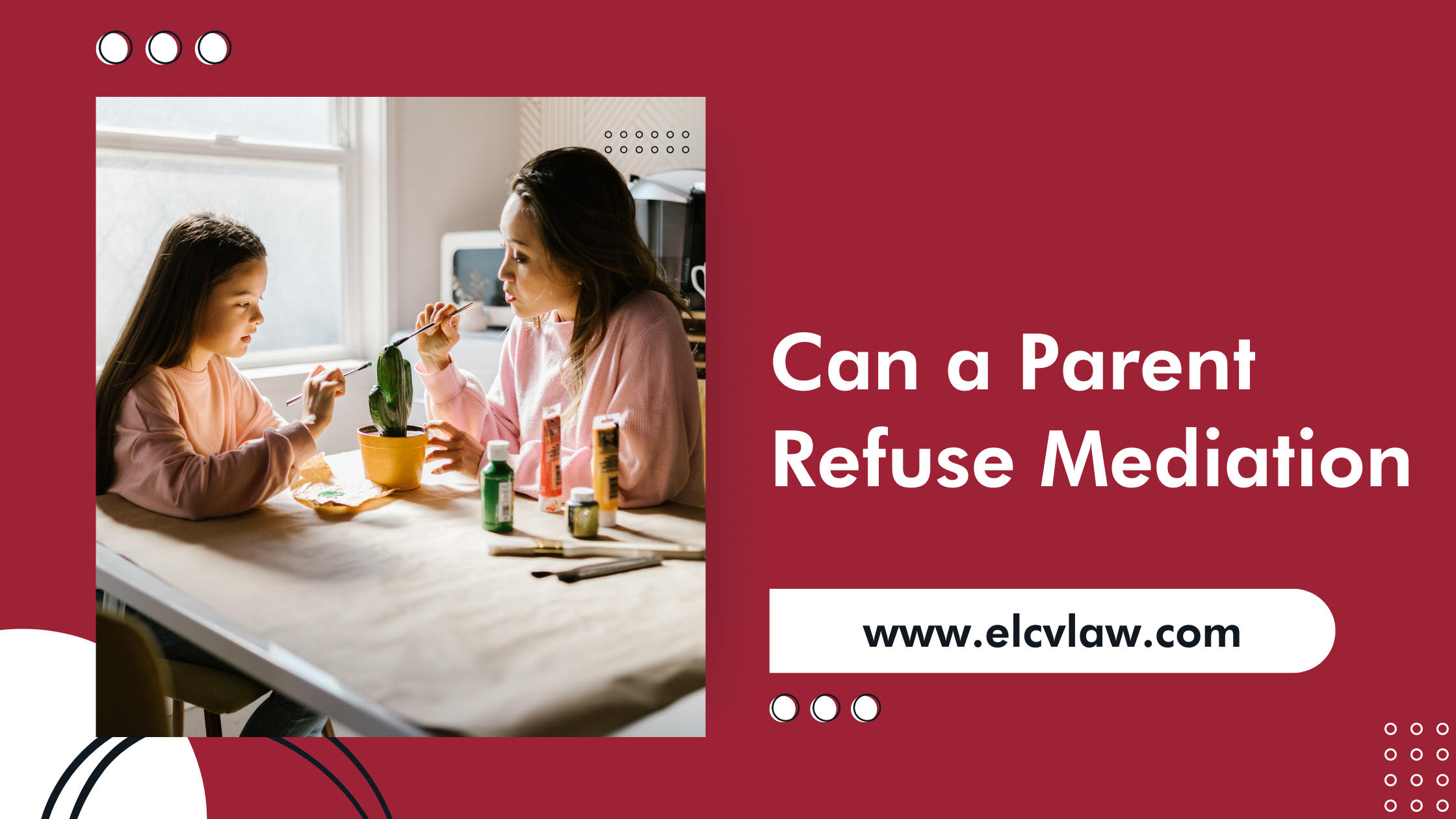December 8, 2022in Mediation
Mediation Vs. Court Divorce
Mediation Vs. Court Divorce

Going through the process of a divorce is a scary and unpleasant time for everyone. Because marriage legally binds two people in the eyes of the state, getting a divorce necessitates splitting up all that was once shared property in the eyes of the law.
Court divorce involves hiring a lawyer and going through your state’s court system to litigate or argue your divorce in court. When you file for divorce, the court will decide how things like child support and property division are handled. This procedure is often a long and expensive process that results in the cessation of friendly relations between former spouses. In Arizona, family court or mediation are your two options.
Mediation provides an alternative to this. In divorce mediation, both spouses meet with a licensed and trained third party who seeks to solve all disputes outside of court. No court filing is necessary. Mediation involves sitting down with your spouse and the mediator and discussing issues like child support. Once both sides have come to an agreement, the mediator sends a signed copy of the settlement to the court.
In this article, we will break down the differences between mediation and court divorce in terms of how long each process takes, the cost of each option, and which choice is right for your situation.
Differences in Time: Mediation Vs. Court Divorce
Typically, settling your divorce through mediation is much faster than undergoing a court divorce.
During a court divorce, the timetable of your divorce is entirely in the hands of busy family courts. Unfortunately, many states lack family court judges, so you may find yourself waiting for many months before proceedings even begin. In addition, a family court must follow several lengthy processes during a court divorce. Even if you and your spouse end up agreeing on issues, these processes mean that even simple court divorces routinely take over a year or more to finalize.
Mediation often takes days or weeks to complete. In mediation, there is no court-mandated timetable that must be followed. The mediator will reach out to both spouses and schedule meetings that work with the schedule of both parties. Depending on how long it takes the two sides to agree, mediation can be over in a matter of days or weeks.
How Much Does Mediation Cost Compare to Court Divorce?
Compared to mediation, court divorce is often costly for one key reason: the need for both sides to hire lawyers. It is technically possible but extremely rare to go through a court divorce without a lawyer. In a court divorce, lawyers must help each side effectively argue their case. Because of the length of court divorces, spouses can rack up substantial legal fees.
In mediation, lawyers are not always necessary. Some couples may hire individual lawyers as consultants to ensure they aren’t tricked into an agreement that favors one side over the other. However, even in this case, the expedited mediation timetable compared to a court divorce means that any hired legal help will collect much less in hourly fees.
Should you Choose Mediation or Court Divorce?
If you and your spouse are on civil terms and are willing to work with each other civilly, then mediation is the best solution to finalize your divorce. In order to successfully undergo mediation, you and your spouse need to be willing to sit down with a mediator and interact with each other on a level playing field.
Court divorce forces a more level playing field. Suppose you and your spouse are involved in a relationship where domestic abuse is present or where one side is significantly more powerful than the other. In that case, court divorce is likely a better option. If you and your spouse are unwilling to speak to each other, then a court divorce will allow lawyers to battle it out for you.
Family Law in Tucson
ELCV LAW can help you decide if court divorce or mediation is the right for your situation. If you need a Family Law Attorney or Mediator in Tucson, Arizona, don’t hesitate to contact ELCV LAW by filling out a request form at www.elcvlaw.com or call us at 520-795-2235. Take control of your future and contact Erika L. Cossitt Volpiano, P.C., for a consultation today.
Disclaimer: The content in this article is for informational purposes only and should not take the place of actual legal advice. Not all circumstances are the same, and it is suggested that you should seek legal counsel if you need assistance in any of these areas.
